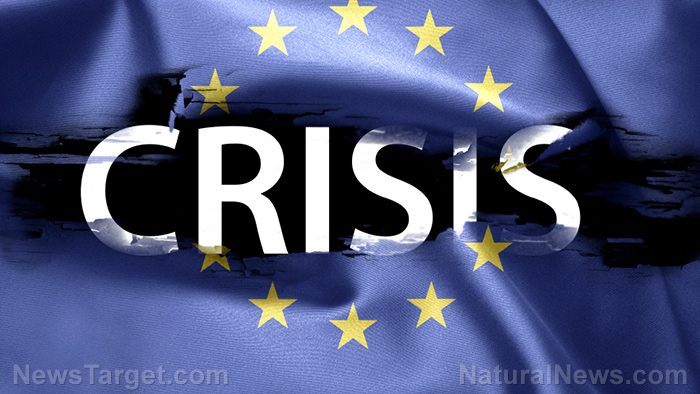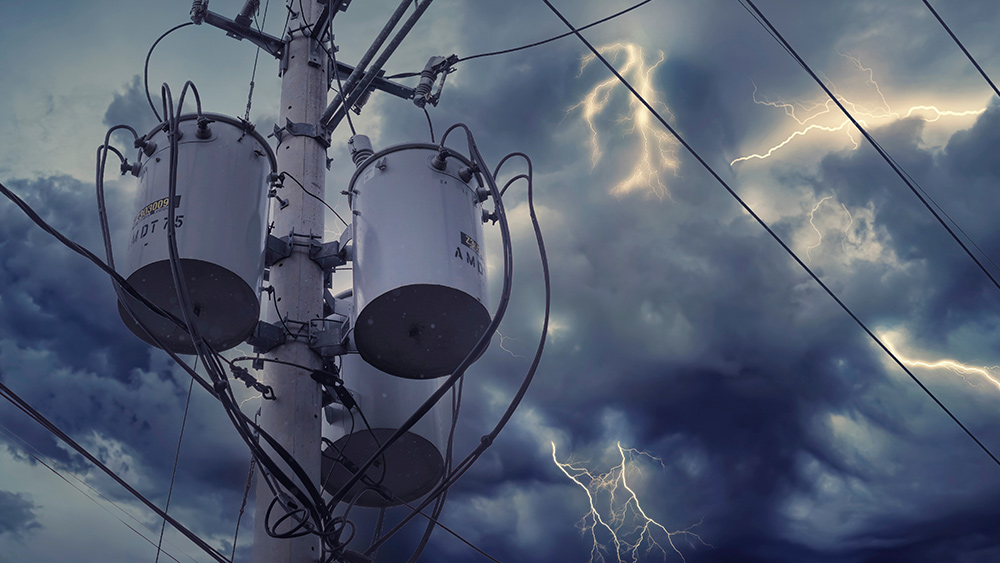 Parler
Parler Gab
Gab
Dutch tech companies "unwittingly" selling technology to Russia
Meanwhile, Dutch tech companies are "unwittingly" selling their technology to corporations established by the Russian military intelligence agency. This was verified by a spokesperson for the Ministry of Defense after statements made by Jan Swillens, head of the Military Intelligence and Security Service.As reported by Swillens, the Russian secret service has found dozens of firms that operate in the Netherlands as "front companies" to avoid Western sanctions. These companies are purchasing technology that they will later smuggle to Russia for military purposes.
Swillens has called on Dutch high-tech companies to carry out more comprehensive research into their customers and to ask about the actual end users of their products. Just recently, Dutch law enforcement imprisoned a 55-year-old man on suspicion of supplying microchips to Russia by bypassing sanctions. The microchips in question can be utilized in the defense industry and because of international sanctions they must not be sold to Russian corporations. The man said he was selling the products to other nations. His bank accounts and trading inventory were confiscated. Follow WWIII.news for more news about EU sanctions against Russia. Watch the video below about the EU sanctions on Russia's energy, finance and transport sectors. This video is from the News and Current Events channel on Brighteon.com.More related articles:
EU committing economic suicide by imposing sanctions on Russia. Tens of thousands of Czech protesters gather in Prague to demand end of sanctions against Russia, withdrawal from EU and NATO. Return to the Dark Ages: European steel, metals industries plead with EU to stop de-industrializing the continent with its sanctions against Russia. Russia responds to another round of EU sanctions by restricting exports of noble gases like neon, which is essential for making computer chips. Sources include: Strange Sounds.org RTLNieuws NLTimes Ukrinform.net Brighteon.comCDC smartphone app found to contain Russian software disguised as American
By Ethan Huff // Share
Germany prepares for “emergency cash deliveries” ahead of dark winter energy blackout
By Ethan Huff // Share
Americans should expect higher diesel prices, lower supply as winter nears
By Belle Carter // Share
Binance strategy chief takes a swipe at FTX following the latter’s bankruptcy filing
By Kevin Hughes // Share
Governments continue to obscure COVID-19 vaccine data amid rising concerns over excess deaths
By patricklewis // Share
Tech giant Microsoft backs EXTINCTION with its support of carbon capture programs
By ramontomeydw // Share
Germany to resume arms exports to Israel despite repeated ceasefire violations
By isabelle // Share










